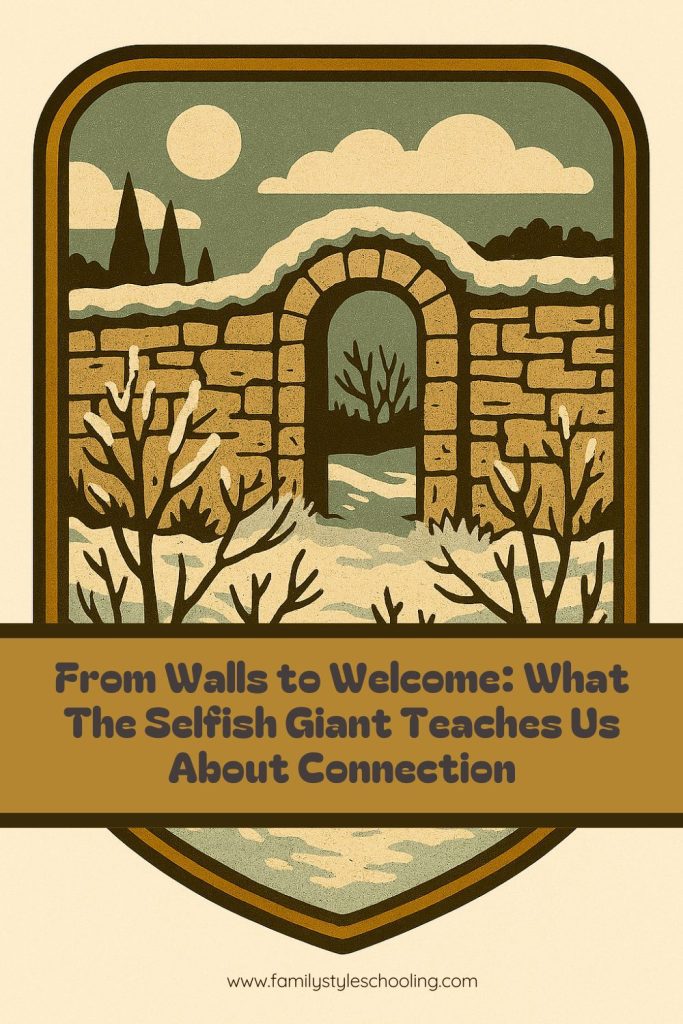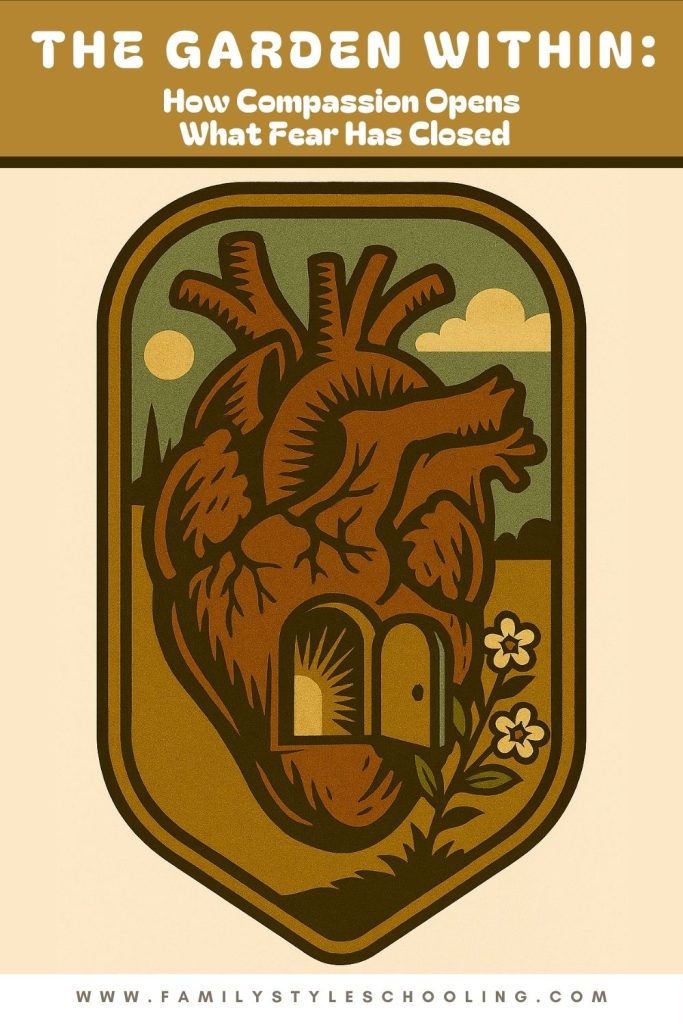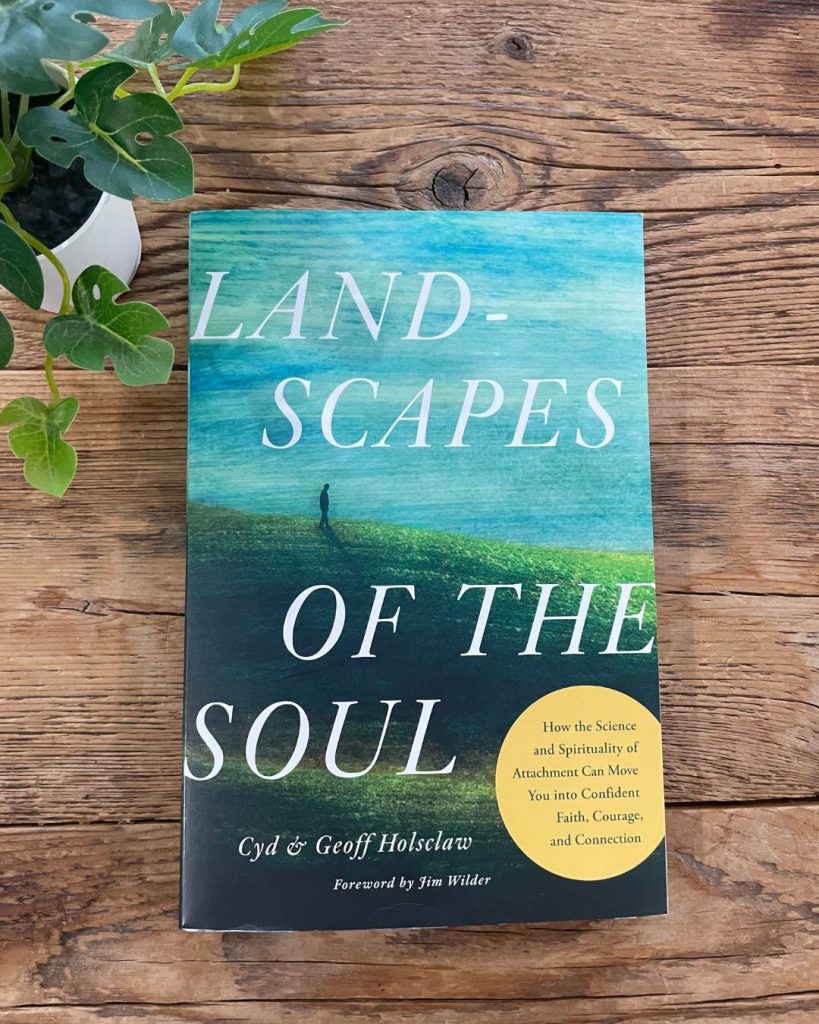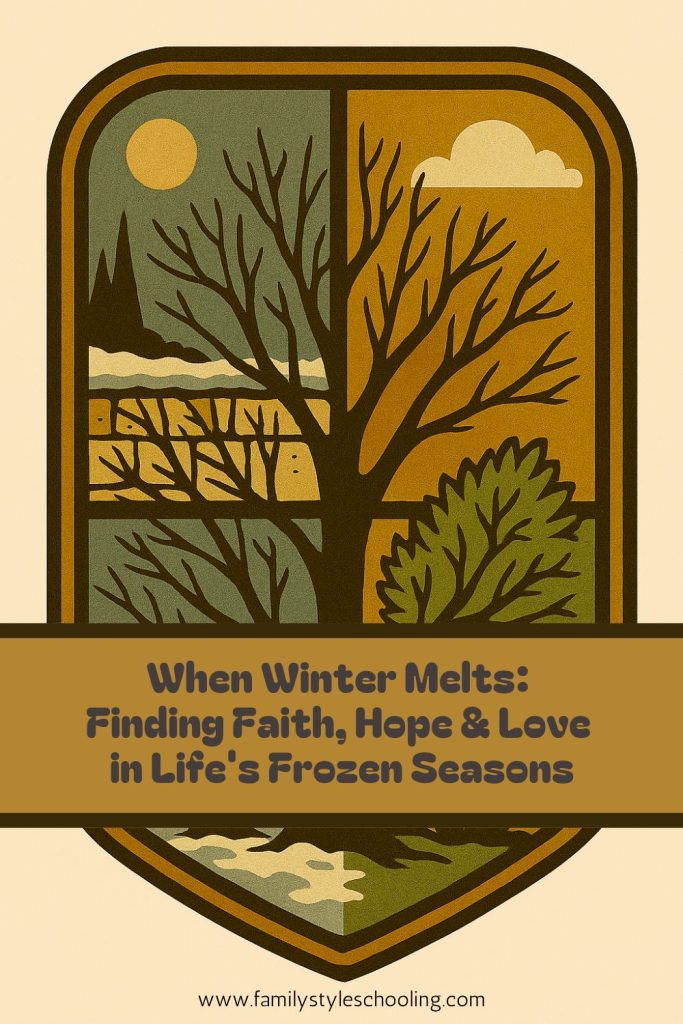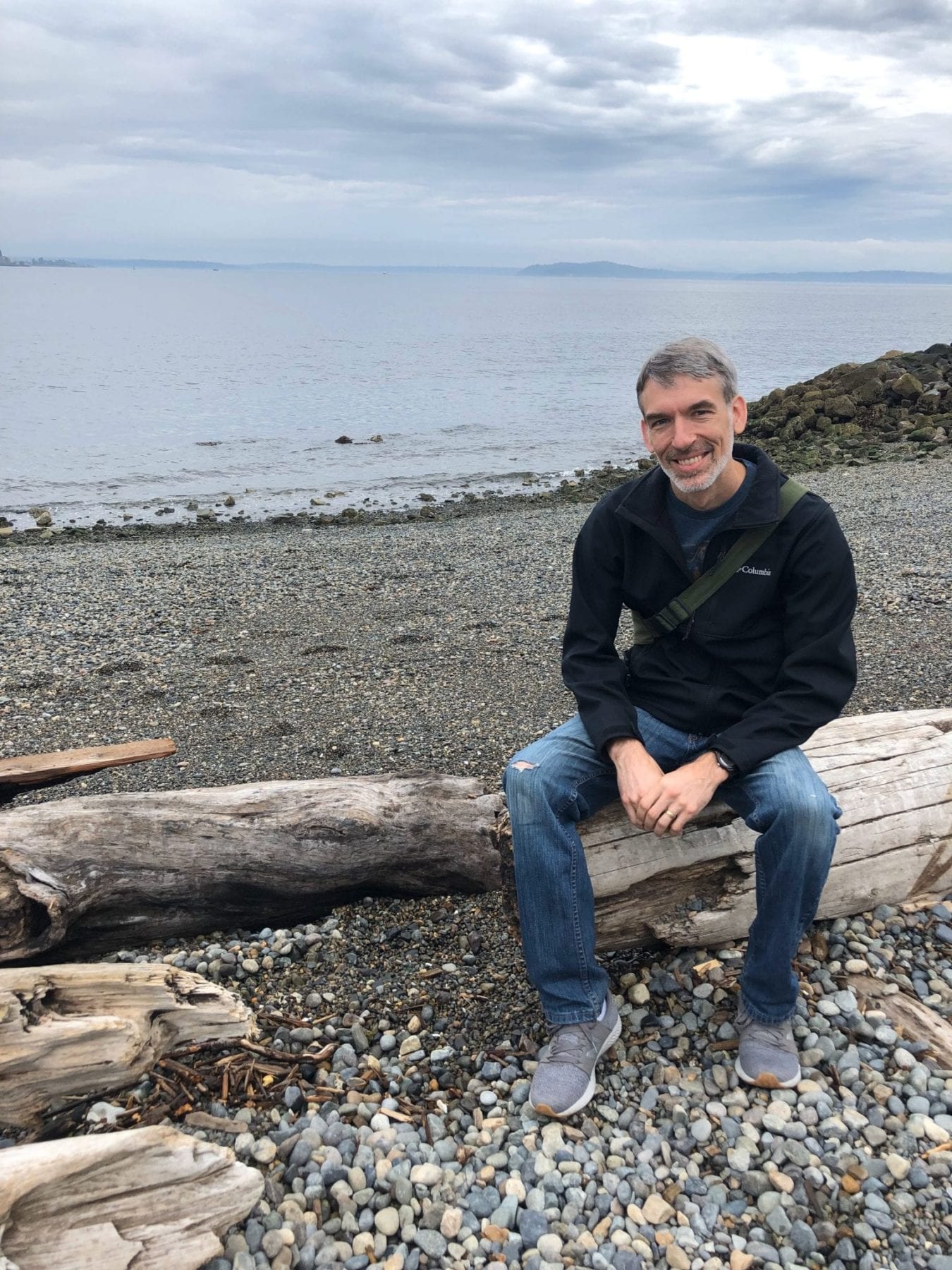The Selfish Giant, Attachment, and the Landscape of the Soul
The Selfish Giant, Attachment, and the Landscape of the Soul
When I read Oscar Wilde’s The Selfish Giant, I didn’t expect to find myself in the Giant. But there I was—his anger, his loneliness, his long winter felt strangely familiar. The Giant built walls to protect what was his, and I realized I’ve done the same with my own heart.
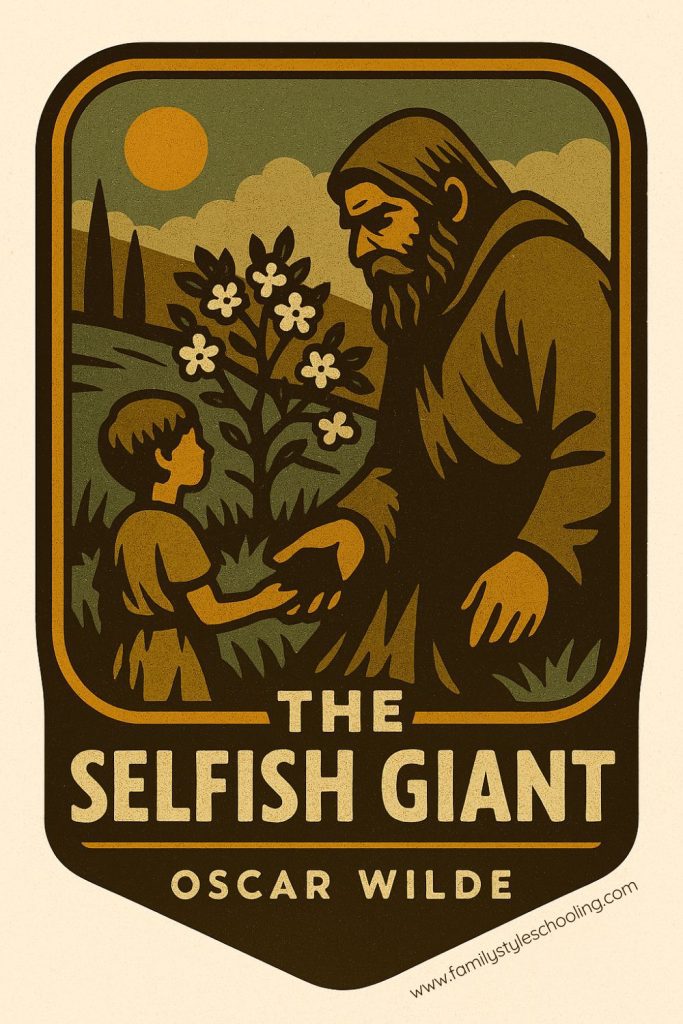
My Own Winter
I’ve been learning recently about my dismissive—sometimes called avoidant—attachment style. To put it simply, I’m good at independence. I know how to take care of myself, stay steady, and not rely too much on others. Those skills have served me well.
And interestingly, I happen to be part of Generation X—a group often described as fiercely independent, skeptical of institutions, and resourceful to a fault. I suppose I’m the quintessential Gen X-er: self-reliant, determined, able to keep moving forward on my own. Pair that cultural identity with a dismissive attachment style, and it’s easy to see how the “keep out” sign goes up without me even realizing it. The problem is, when I lean too hard on independence, intimacy quietly slips out the back door.
Like the Giant, I’ve sometimes wondered why the winters in my inner landscape last so long. Why does intimacy feel scarce? Why do friendships and closeness feel just out of reach, no matter how much I long for them?
The Moment of Compassion
The turning point in Wilde’s story always makes me pause. The Giant sees a little child struggling to climb a tree, and something in his heart breaks. He steps forward, lifts the child up, and for the first time, he feels compassion. That moment changes everything. The garden blooms again.
I think of my own life: how often I’ve missed connection because I stayed behind the wall. Yet when I allow compassion to pull me toward someone else—especially when I risk intimacy with my wife, my kids, or even a friend—it’s like spring breaks through my frost.
The Three Defaults: Faith, Hope, Love
Cyd Holsclaw’s Landscapes of the Soul describes the three “defaults” of the soul: faith, hope, and love. I see them in the Giant, and I see them in myself.
- Faith means trusting that connection is possible, even if the past tells me to guard myself. The Giant begins to trust again when he opens his garden. I am learning to trust that letting people close won’t undo me.
- Hope means believing winter doesn’t last forever. The Giant dared to hope for spring, and I am learning to hope for warmth in relationships, even when I’ve gone through long seasons of cold.
- Love means moving toward another, even when it costs something. The Giant loved when he lifted the little child into the tree. For me, love looks like risking vulnerability, showing up fully, and allowing others into my inner life.
A Word for Those Who Feel Alone
Maybe you see yourself in the Giant too. Maybe you’ve wondered why intimacy feels so hard, why relationships remain thin even though you long for more. Please hear this: there isn’t something wrong with you. Often the very skills that helped you survive—your strength, your independence, your ability to carry on when others couldn’t—are the same ones that make closeness difficult.
If you, like me, carry both the cultural DNA of Gen X independence and the tendencies of a dismissive attachment style, you might feel this tension even more. But here’s the invitation: you don’t have to choose between independence and intimacy. You can keep your strength while also risking connection. You can let your compassion lead you to open the gate. And when you do, the garden begins to bloom again.
A Gospel Whisper
The end of Wilde’s story is the most tender of all. The Giant meets a child…the child with wounds in his hands and feet. It is Christ, the Good Shepherd, who leads us into the wide pasture of His love. He tears down the dividing wall and welcomes us into eternal spring.
That’s where my own journey is heading—into the pasture. I am learning that my Good Shepherd doesn’t just tolerate my independence; He gently meets me there and calls me from it, toward joyful connection. Faith, hope, and love aren’t abstract virtues; they are steps into His garden.
And when I risk those steps, I find Him waiting there, smiling as the snow begins to melt.
P.S. If this story resonated with you, I invite you to listen to our podcast episode dedicated to The Selfish Giant. We explore these themes of attachment, connection, and spiritual growth in greater depth, with insights you won't find in this post alone. Find it wherever you listen to podcasts by searching "Rooted Minds: The Selfish Giant" or watch below!


